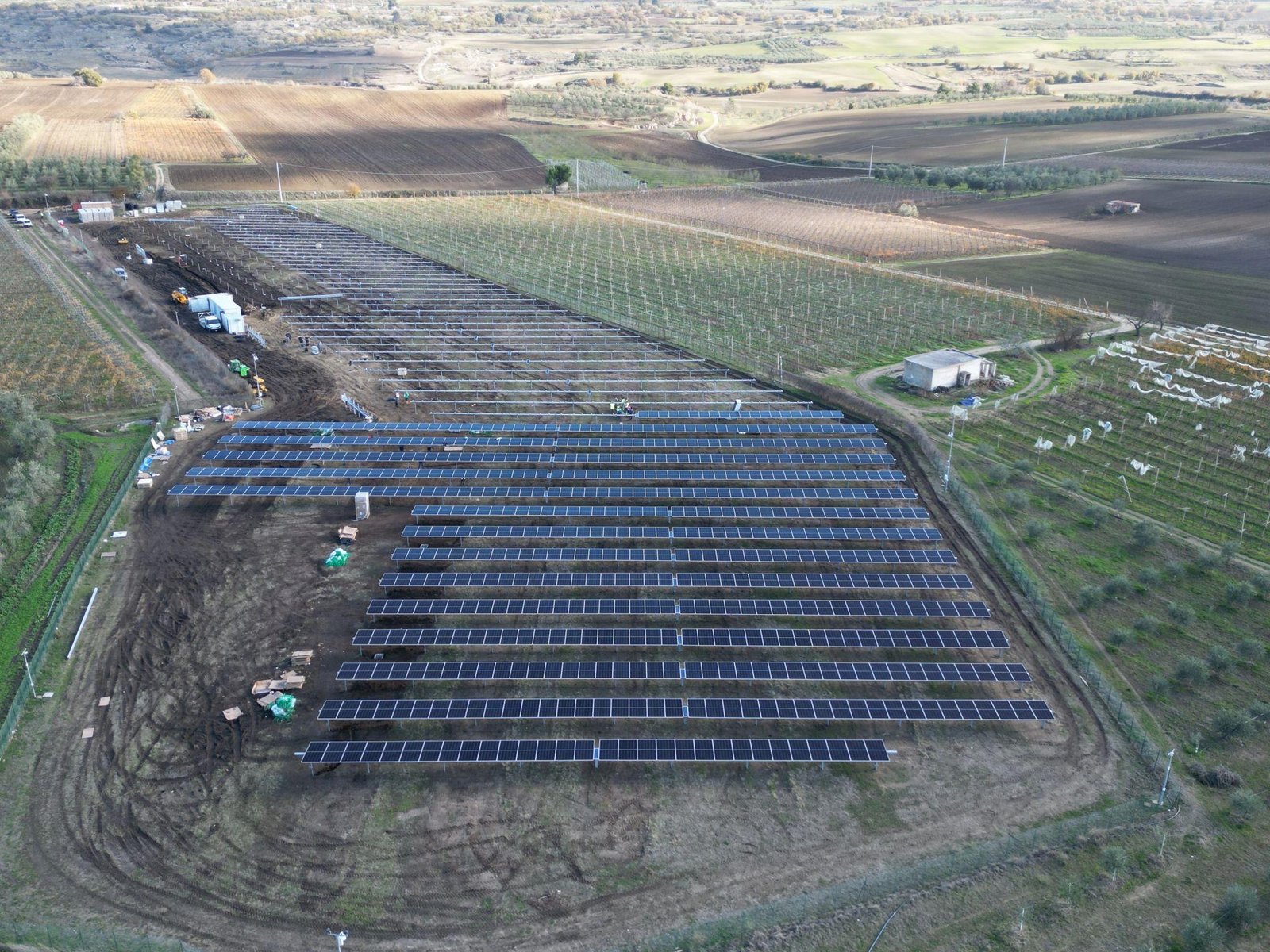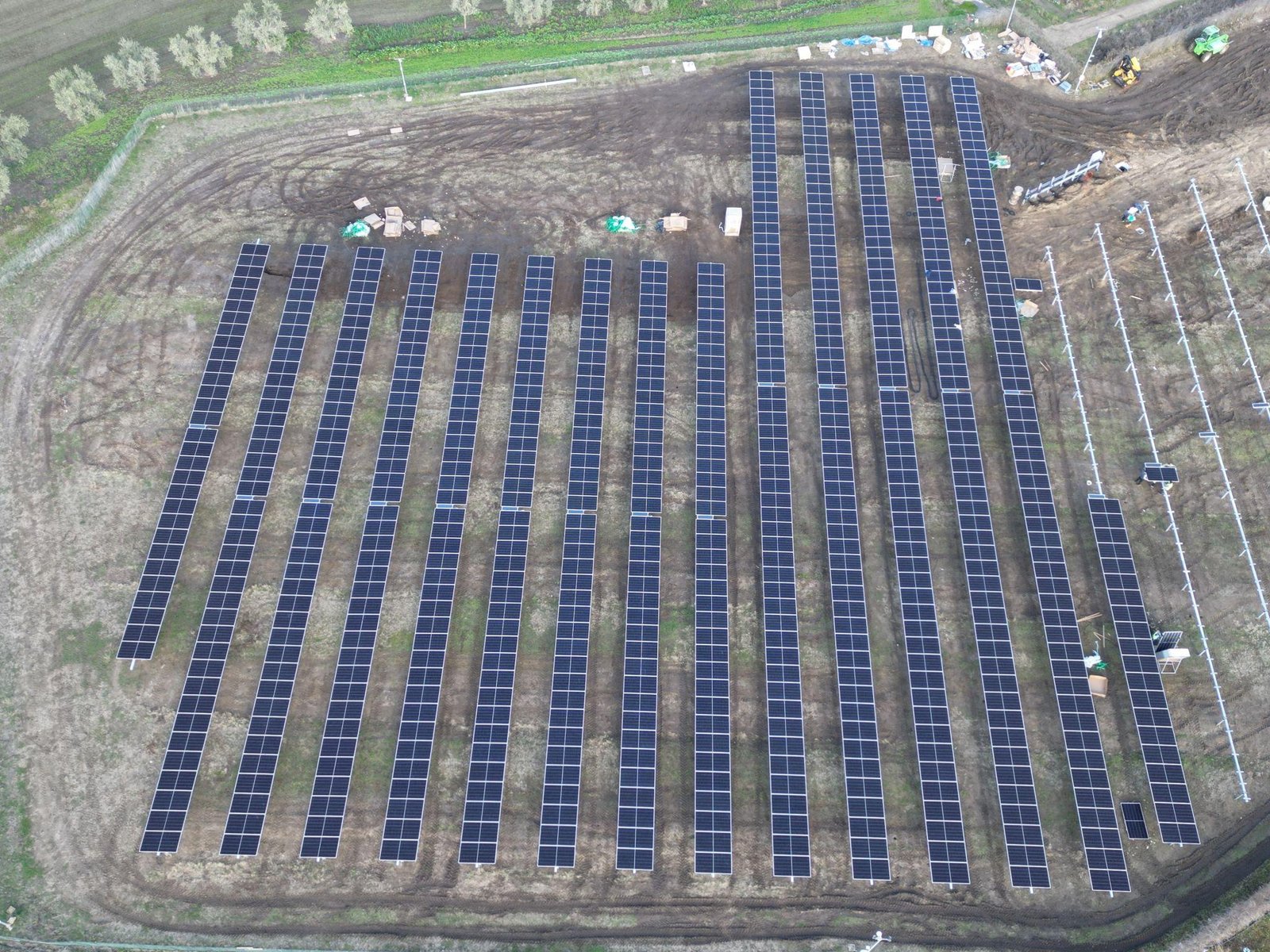EPC Contract for Solar Power Plant
Purpose: The purpose of this guide is to provide a comprehensive framework for drafting an EPC (Engineering, Procurement, and Construction) contract for a solar power plant. This guide will cover all essential aspects, including legal requirements, scope of work, project management, quality control, and financial management.
Scope: The EPC contract typically involves a single entity (the EPC contractor) being responsible for the entire process of designing, procuring materials and equipment, and constructing the solar power plant. The contractor ensures that the project meets all specified requirements and is delivered on time and within budget.

2. Legal and Regulatory Framework
- Compliance with Laws: Ensure that the project follows the Tendering and Bidding Law (《招标投标法》) and related regulations, and document the tendering process to avoid legal challenges.
- Environmental Regulations: Conduct an environmental impact assessment (EIA) to evaluate potential effects on the environment, and obtain necessary permits and approvals from relevant agencies.
3. Scope of Work
- Design Phase: Perform a thorough site survey, develop a preliminary design, optimize it with expert input, and create detailed drawings and specifications.
- Procurement Phase: Select high-quality materials, evaluate suppliers, conduct a transparent bidding process, and establish a quality supervision team.
- Construction Phase: Ensure site preparation, execute the construction plan adhering to safety and quality standards, monitor progress, and implement safety measures.
- Commissioning and Operation: Conduct testing and validation, train operational staff, and officially hand over the completed plant along with documentation and warranties.

4. Project Management
- Project Team: Select a competent team, including a project manager, chief engineer, and business director, and define their roles and responsibilities.
- Planning and Scheduling: Develop a detailed project plan covering all phases, set milestones, and deadlines.
- Communication: Maintain frequent communication with stakeholders and provide regular project updates.
- Risk Management: Conduct risk assessments and develop contingency plans for unexpected events.
5. Quality Control
- Quality Standards: Ensure compliance with all quality standards, and conduct regular inspections.
- Material and Equipment Quality: Inspect materials and equipment upon arrival and store them properly.
- Construction Quality: Have experienced supervisors oversee construction activities and conduct regular quality tests.
6. Financial Management
- Funding Arrangements: Secure funding for the project and develop a clear payment schedule aligned with project milestones.
- Cost Control: Prepare a detailed budget, and continuously monitor project costs to prevent overruns.
- Risk Transfer: Use back-to-back payment models where possible and explore diverse financing options.
7. Contract Terms and Conditions
- General Provisions: Define key terms, outline the scope of work, and specify project duration and milestones.
- Design and Engineering: Detail design requirements and establish review processes for design documents.
- Procurement: Provide specifications for materials and outline the supplier selection criteria.
- Construction: Ensure site access for the EPC contractor, include health and safety provisions, and specify environmental protection measures.
- Commissioning and Handover: Define testing and validation procedures, training provisions, and documentation requirements.
- Warranties and Guarantees: Provide performance warranties and material guarantees.
- Dispute Resolution: Establish processes for negotiation, mediation, and arbitration.

8. Environmental and Social Considerations
- Environmental Impact: Implement mitigation measures and ensure project sustainability.
- Social Impact: Engage with the local community and consider employing local workers and using local materials.
9. Case Studies and Best Practices
- Case Study: Southern China PV Project: Focus on foundation issues, material quality, and weather considerations.
- Best Practices: Manage design, procurement, construction, and financial practices effectively for project success.
10. Conclusion
- Importance of EPC Contracts: Essential for the successful implementation of solar power projects.
- Continuous Improvement: Strive for improved communication and quality control to overcome challenges.
- Legal and Regulatory Compliance: Essential for the validity and enforceability of EPC contracts.
By following this comprehensive guide, both project owners and EPC contractors can draft effective EPC contracts for solar power plants, ensuring successful project delivery and long-term sustainability.